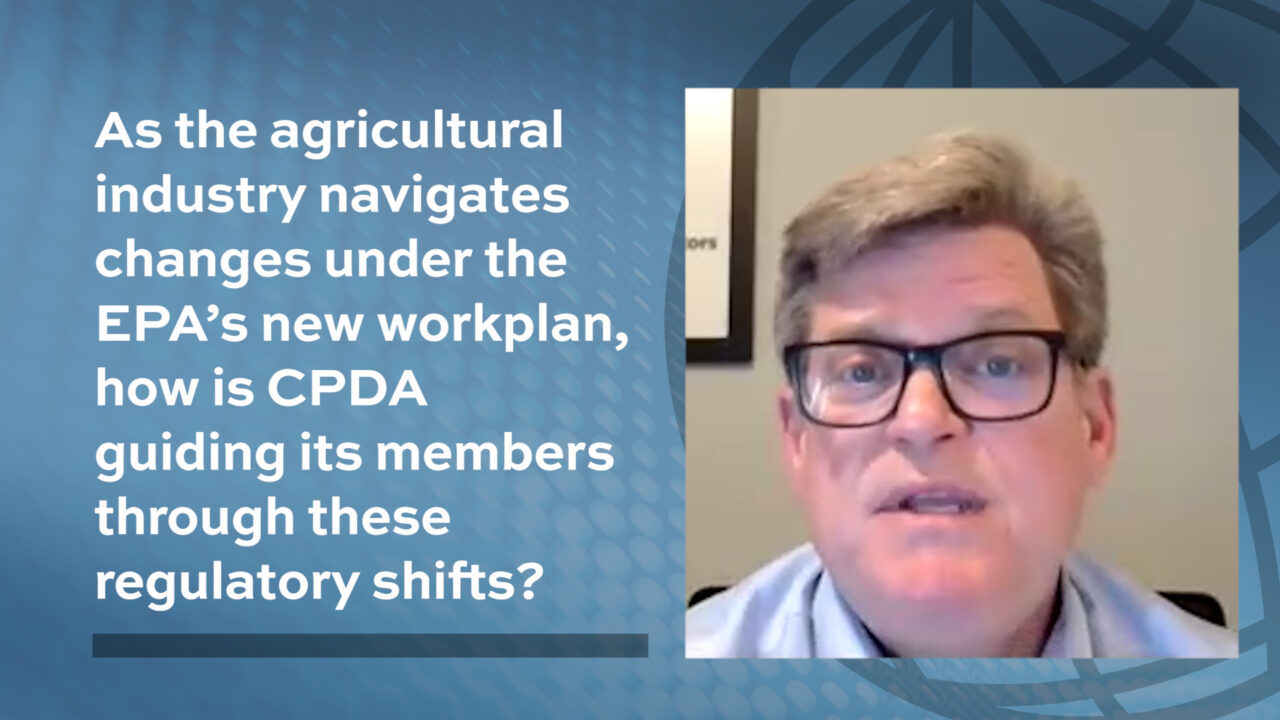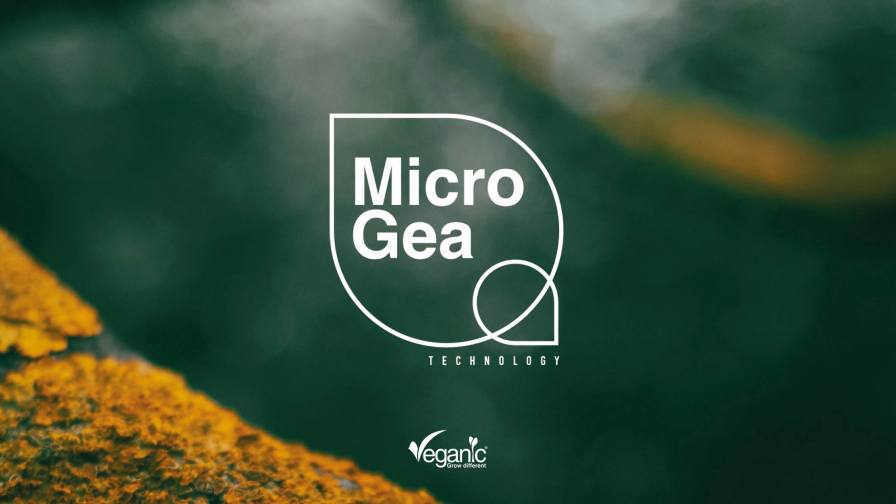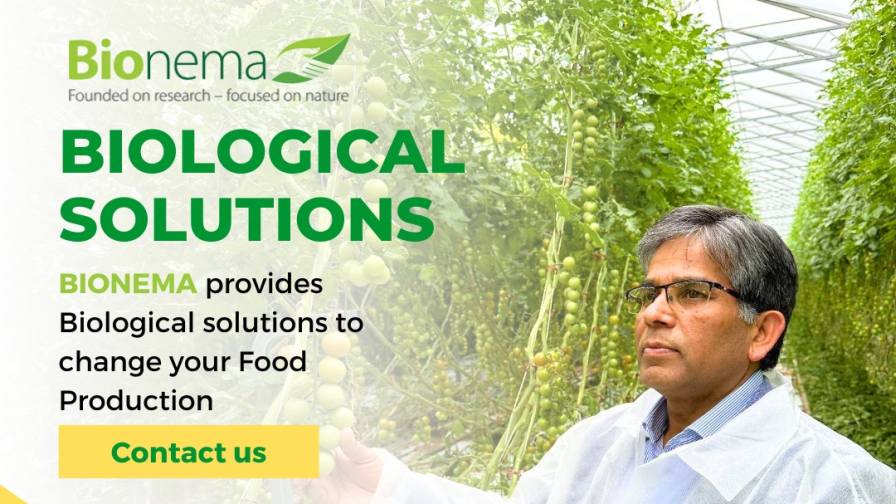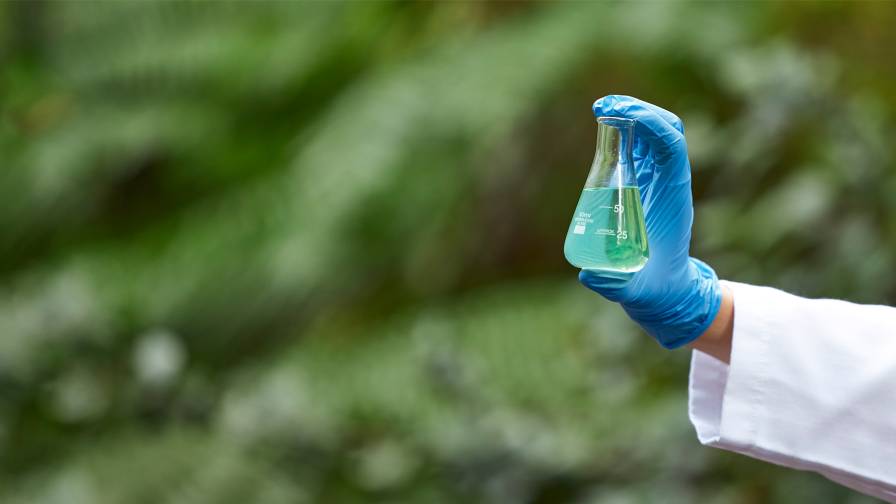Is the Regulatory Situation in Europe Improving for Biologicals?
Editor’s note: Each year, 2BMonthly’s State of the Industry feature includes a Q&A with executives from leading biocontrol and biostimulants companies worldwide. The 2024 feature touched on a wide range of prevailing topics including the investment climate for biologicals, where the industry’s biggest innovations are likely to come from, and the ongoing challenges related to the European regulatory climate. In the excerpt below, experts share insight on whether any actual improvements have been made regarding the regulatory situation in Europe.
Q: Do you sense any real improvements on the regulatory situation in Europe?
Vladyslav Bolokhovskyi, CEO, BTU Biotech: We hear a lot about the regulatory processes in the EU. Here, I would split comments into three parts: 1) Federal regulation of biofertilizers in most countries is becoming stricter and more expensive, requiring more data about product “purity” and identification; 2) EU regulation of biostimulants remains quite limited for microbials. We are all waiting for an extension of the “positive list” of microbials there; 3) EU regulation of biopesticides. We hear about some structural changes, which makes the process cleaner for regulatory consultants. However, it’s still a very big entry barrier with the current cost of registration.
Scott Carter, Vice President, Microbials Business, Phibro: No, we’re not sensing any real improvements in the regulatory situation in Europe. However, we don’t necessarily see this as an issue or a problem for Phibro. We’re doing well with the efforts we have in place there. That said, we’re not heavily focusing or prioritizing the European market at this time. Instead, we’re concentrating on other markets that we believe are more interesting, better aligned with our strategy, and more accessible to us.
Eduard Vallverdú Vidal, CEO, Sustainable Agro Solutions (SAS): We don’t see a positive evolution on the Regulatory situation in Europe. It is still very difficult to match innovative products with the regulation. Processes are still long and expensive for the biostimulant industry, and CE registered products do not offer yet a clear advantage for the manufacturer and final user of the product. Also, the amount of information to be disclosed is critical to an industry where patenting is not that usual, so the know-how of the companies may be at risk.
Troy Bettner, Vice President Sales and Technical Services, BioWorks: A major challenge that remains is the uncertainly surrounding to how Europe will change its regulatory situation, especially as an individual country cannot establish their own process, but it has to be a unanimous EU decision.
Karel Bolckmans, Chief Strategy & Transformation Officer, BioFirst: No improvements whatsoever yet. However, accelerating the registration process for biopesticides has recently been inscribed in the work plan of 2 new European Commissioners. It remains to be seen how fast they will be able to execute on this goal also.
Ultimately and ideally, we need a new, separate regulatory framework for biopesticides in Europe, but this will take at least 10 years to happen. This is much too long if Europe wants to give European farmers access to sustainable crop protection solutions while chemical pesticides are being phased out or suffer from pesticide resistance development. Farmers are experiencing more and more problems to manage the pests and diseases in their crops while our industry as a whole has a rich pipeline of innovative, cost-effective and performant sustainable solutions. Therefore, we absolutely need short-term solutions as well.
European agriculture cannot wait for another 10 years for much needed change without jeopardizing its future. I strongly regret that certain parties within the biocontrol industry only push for new regulations and publicly communicate that short term solutions are impossible. I still believe that it also is possible within the current regulatory framework of 1107/2009 to substantially reduce the time needed to review a registration application. This is in the first place a matter of providing sufficient people with the right background at both the European and national level to evaluate these registration applications. Making sufficient resources available with the right skill set even does not require any changes to 1107/2009 ! Maybe this will not be enough to reduce the time from 7-10 years to 1-3 years, like in the rest of the world, but even if we can already reduce the current time required by half, this would enormously help both farmers and the biocontrol industry.
Pragmatism over perfectionism! I call on the European policy makers to also work on short time, pragmatic solutions while working on ideal long-term solutions.
Ludwik Pokorny, CEO, Bioline Agrosciences: In my view, not really. In fact, you might even say that in the wake of the farmers’ demonstrations that Europe experienced last summer, the authorities have even gone backwards, allowing in fact for more pesticides usage!
Laia Cortel, Plant Health Director, Bioiberica: There are certainly positive developments in European regulations that reflect a growing recognition of the importance of biological solutions. Initiatives such as the fast-track registration process for biopesticides and the implementation of the new European law on biostimulants are steps in the right direction. These frameworks demonstrate good intentions and a commitment to aligning with the goals of the Green Deal.
However, the pace of regulatory progress continues to fall short of what the BioAg sector needs to meet these ambitious targets. Challenges remain, such as delays in registration processes, gaps in the EU Fertilizer Regulation, and the limited scope of the positive list of microorganisms and ingredients. These issues hinder the industry’s ability to innovate and scale solutions that are critical to sustainable agriculture. As a Founding Member of EBIC, Bioiberica has witnessed meaningful advances through collaborative efforts. Yet, the speed of regulatory adaptation does not match the urgency of the sector’s needs. For the BioAg industry to truly thrive and support the Green Deal objectives, more efficient and comprehensive regulatory mechanisms are essential.
View more expert insight on the state of the biologicals industry here.





